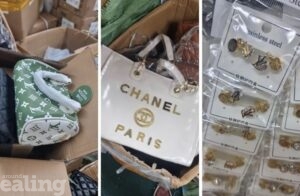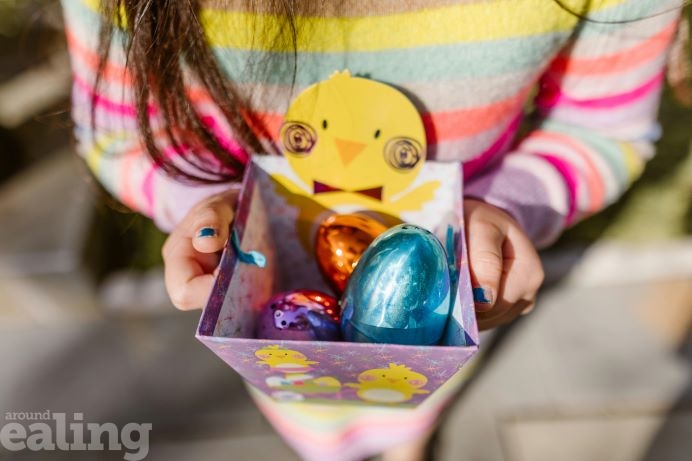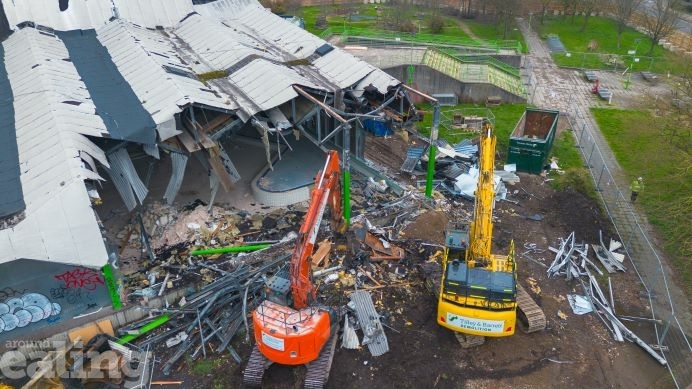Food waste has a huge cost on our wallets and on our environment. Did you know we throw away 6.6million tonnes of food a year in the UK? An astonishing 70% of this is estimated to be food we could have eaten. That costs an average family with children in the UK £60 a month.
The best thing you can do is to cut down on the amount of food waste you produce. But if you have any food left over or any food that has gone off and cannot be eaten, the right thing to do is to recycle it by using a food waste bin.
This is why Ealing Council and Greener Ealing are introducing a new food waste recycling service to more residents living in blocks of flats across the borough. The service is being introduced in phases over the next few months, and the first phase has just seen 17 locations with communal food waste bins installed, which are accessible by a total of 932 flats.
This included at Copley Hanwell W7, where Councillor Deirdre Costigan paid a visit recently – as you can see in the video above.
Eventually, 417 locations will have communal food waste bins installed across the borough that will open up food waste recycling to 20,000 flats in all.
Residents will receive a letter introducing the new service before the delivery of a kitchen caddy, a free roll of liners and a leaflet giving you simple instructions on how to use it.
It is easy to use – you just line your kitchen caddy with a biodegradable liner (or you could use newspaper) and pop any fruit or vegetable peelings, mouldy bread and cheese, egg shells, scrapings from your plate, used tea bags and coffee grounds into the kitchen caddy.
Just do not put any food packaging, plastic bags, fats or oils, nappies or cat or dog mess in your bin.
Once it is full, take the bag from the caddy (or the caddy itself) down to the communal food waste bin and tip it in for recycling. It really is that simple.
Your food waste gets taken to an anaerobic digestion plant and is turned into electricity to heat our homes and nutrient rich fertiliser for farmers to grow more food.
If you did not put it in the food waste bin, it would end up in the black refuse bin and then dumped in landfill – where it creates methane gases which are really harmful for the environment.
So, help to fight climate change and use your food waste bin.






